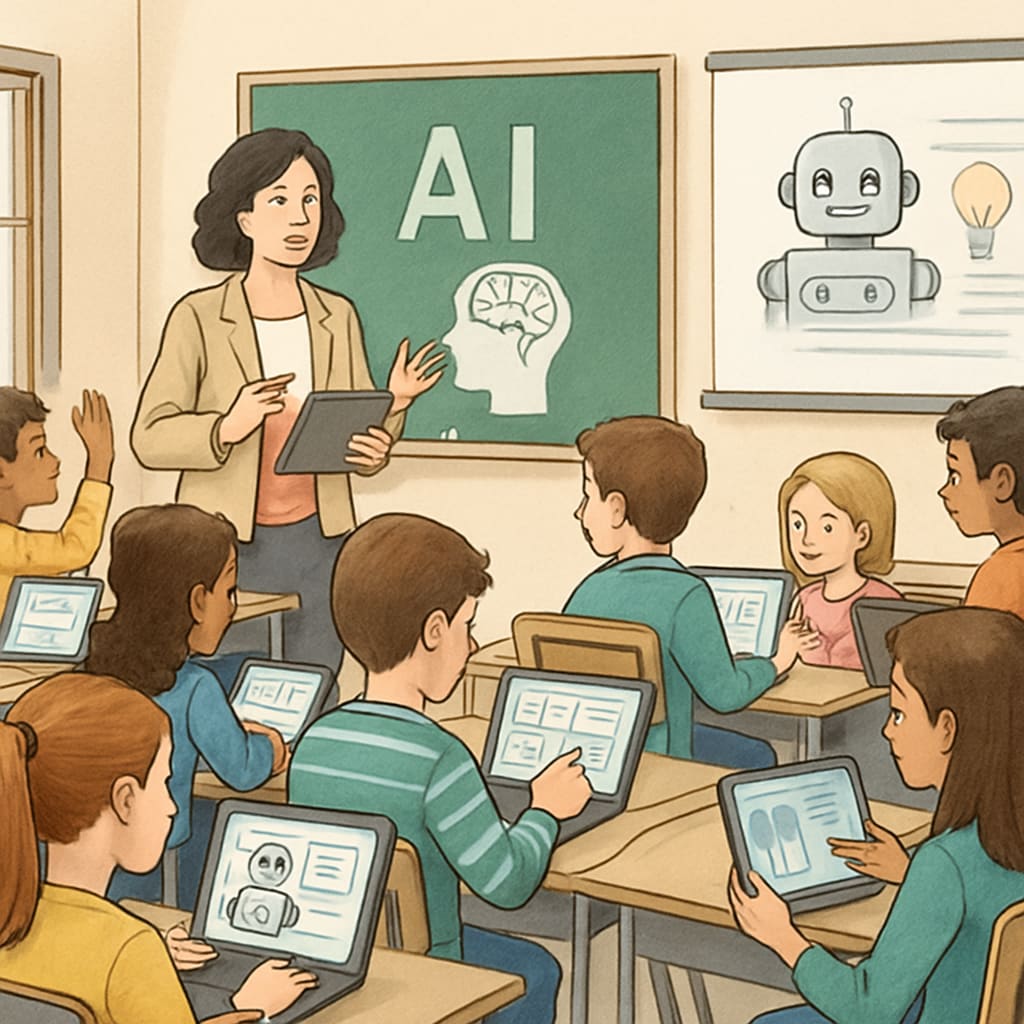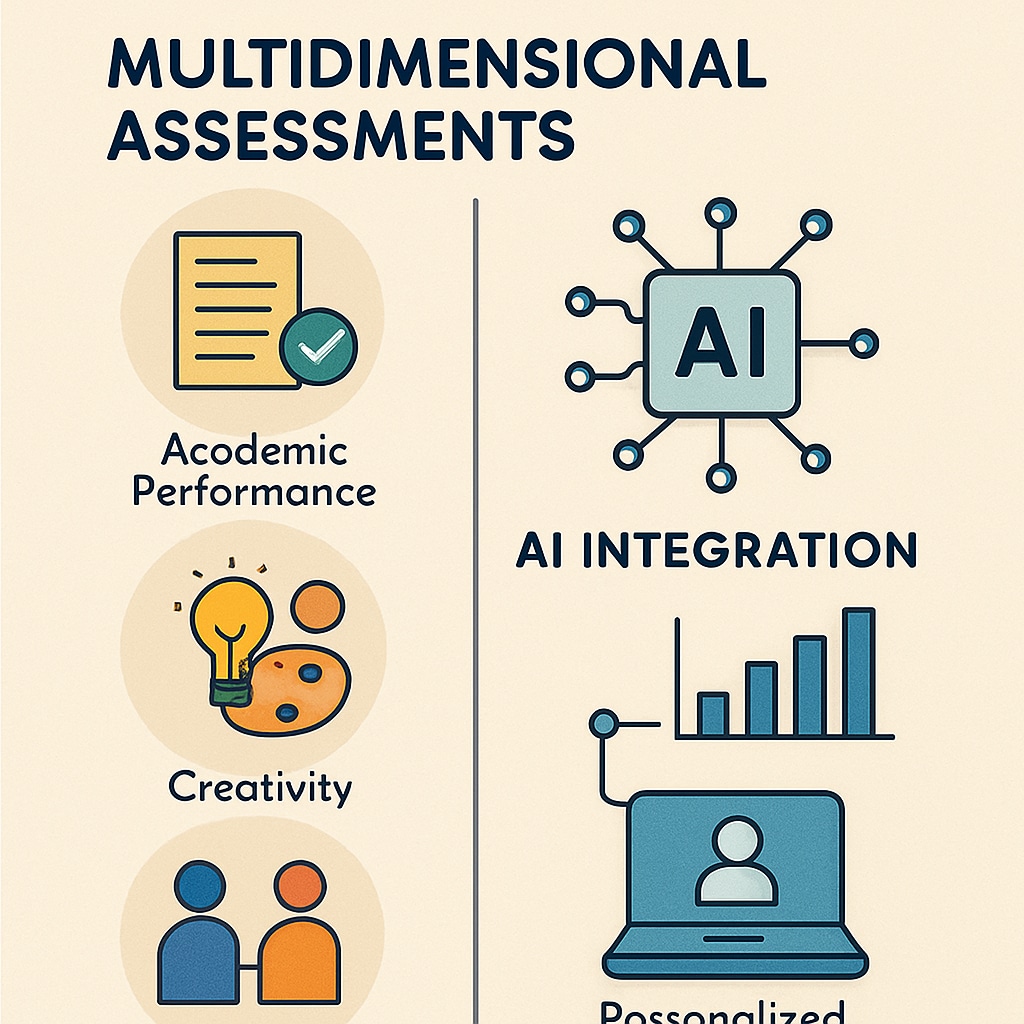The rapid advancement of artificial intelligence (AI) is transforming every aspect of modern society, including education. In this context, traditional competitive exams often fail to meet the evolving demands of talent selection. As AI continues to redefine learning, the K-12 education system must adapt by reforming its outdated examination models to prioritize diverse talent evaluation systems that align with the needs of the 21st century.
The Limitations of Traditional Competitive Exams in the AI Era
Competitive exams have long been the cornerstone of talent selection in K-12 education worldwide. However, these exams predominantly focus on memorization and rote learning, which are increasingly becoming obsolete in the AI-driven world. AI tools such as ChatGPT and educational platforms powered by machine learning are making knowledge acquisition faster and more accessible for students. As a result, the traditional “test and score” method of evaluation often overlooks essential skills like creativity, critical thinking, and adaptability.

Moreover, traditional exams often fail to account for individual learning differences. AI technologies can personalize education by analyzing a student’s learning style and pace, but the competitive exam model remains one-size-fits-all. This mismatch creates a pressing need to rethink how we assess and select talent.
Proposed Reforms: Building a Future-Focused Talent Evaluation System
To align K-12 education with the demands of the AI era, a future-focused talent evaluation system must be established. Key components of this system could include:
- Multidimensional Assessments: Beyond academic knowledge, exams should evaluate critical thinking, problem-solving, creativity, and collaboration skills.
- AI Integration: AI-powered tools can provide insights into student performance, enabling educators to design adaptive assessments tailored to individual abilities.
- Portfolio-Based Evaluation: Students should be encouraged to build portfolios showcasing their projects, creative works, and collaborative efforts, offering a holistic view of their capabilities.
- Global Competency Standards: Reforms should incorporate skills that are relevant globally, such as digital literacy, cross-cultural communication, and ethical AI use.
These changes would create a talent evaluation system that is not only comprehensive but also future-ready, ensuring that students are equipped to thrive in an AI-driven world.

Challenges to Implementation and the Path Forward
Reforming competitive exams in K-12 education is not without challenges. Resistance to change from traditional education stakeholders, lack of access to AI technologies in underprivileged areas, and concerns about data privacy are significant hurdles. Therefore, implementing these reforms requires a collaborative effort between policymakers, educators, technologists, and communities.
In addition, adopting AI in education must be accompanied by ethical guidelines to prevent biases and ensure equitable access. Governments and international organizations must invest in infrastructure and training programs to bridge the digital divide and prepare educators for the AI era.
As a result, while the path forward may be complex, the potential benefits of reforming competitive exams far outweigh the challenges. By embracing AI-driven innovation, K-12 education can evolve into a system that nurtures diverse talents and prepares students for the complexities of the future.
Readability guidance: Short paragraphs, clear transitions, and actionable suggestions ensure the article remains engaging and easy to understand. The use of lists simplifies complex ideas, while minimal passive voice maintains clarity.


